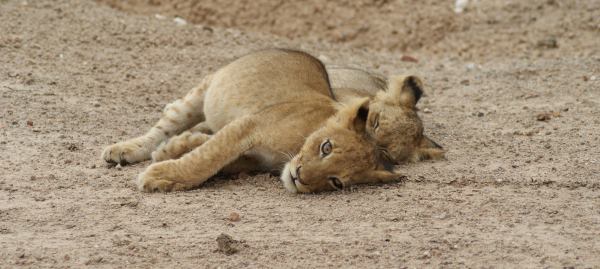The debate rages on regarding the pros and cons of trophy hunting. Even neighbouring countries have contrasting views on the matter. For example in Kenya, hunting has been banned since 1977 whereas across its Southern border in Tanzania, hunting is big business and actively encouraged.
The pro hunting community argue that hunting is beneficial to conservation, as the money derived from hunts goes back into conservation and so allows vast tracks of wilderness land to remain intact and free from human encroachment. They also argue that more income per client is made from hunting safaris than from photographic safaris and so hunting safaris have a far less environmental impact.
The problem is that whilst hunting may have aided conservation, way back in the day, over 50 years ago when the African plains were full of wildlife. The reality today is very different. Lion, Elephant and Rhino populations are under massive pressure. In the 1950s, it was estimated that the lion population was 450,000 strong. Today that number has dropped dramatically to approximately 30,000. Most of these are in protected National Parks or concessions but elsewhere lions are being killed at an alarming rate. The decline in the lion population is truly horrific and unless urgent action is taken, they may be completely wiped out from the unprotected areas lying between parks.
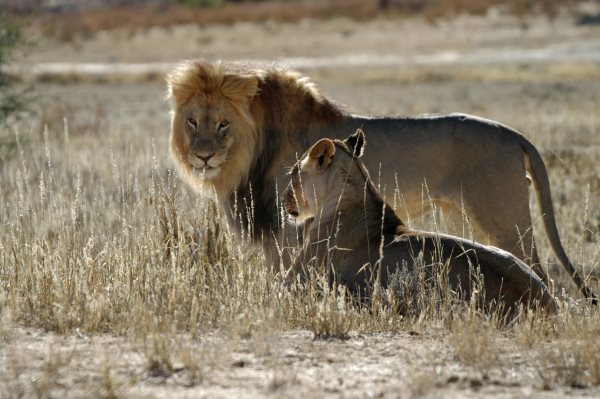
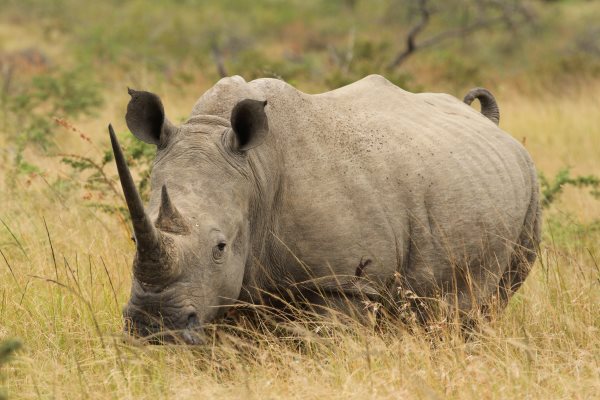
But it may not come to this, according to conservationist Dereck Joubert, Explorer-in-Residence at the National Geographic Society and maker of the 2011 film The Last Lions. (If you watch the YouTube trailer for it, National Geographic will donate 10 cents to a lion and big cat conservation in Botswana! So watch!
In a recent interview with TakePart Dereck Joubert had this to say:
TakePart: “The Earth has lost 90 to 95 percent of its lions in a very short timeframe. How does this happen?”
Dereck Joubert: “It happened because of people, and it continues to happen to lions for the same reason. We have 7 billion people and 20,000 lions. We have to be extremely careful about the power we exert on the planet and its occupants. We are working on a study, and early results show that the deaths to lions right now is a mixed bag of causes, starting with trophy or safari hunting and cattle and lion conflicts, where herders retaliate once lions kill cattle. Trade in lion bones is becoming the next big thing. South Africa has released 1,000 lions as skeletons into the market, and that creates a market in itself. Habitat erosion and destruction due to farming, slash and burn, is another issue.”
Botswana and Zambia have now banned hunting and Mozambique is looking into the issue. South Africa, Namibia, Tanzania and Zimbabwe still allowing trophy hunting.
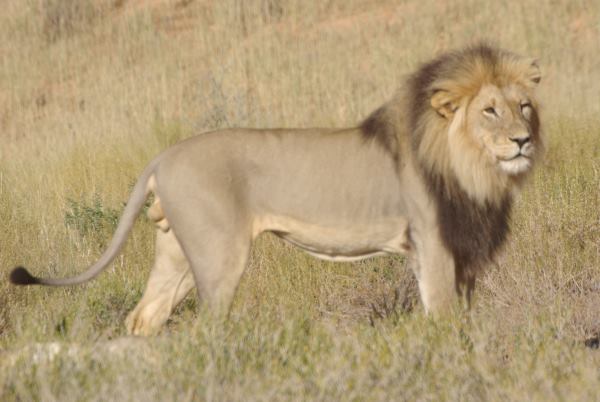
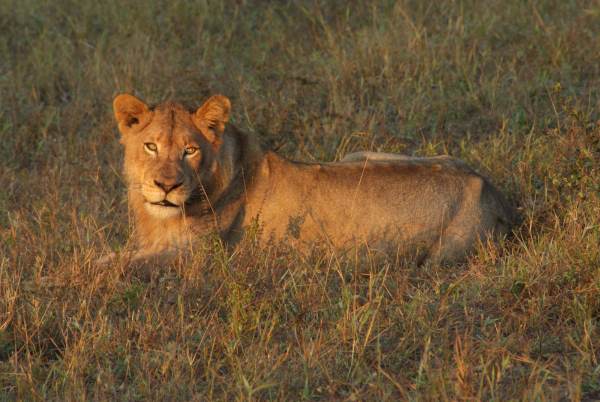
If we analyse the demise of The King of the Jungle it’s hard to accept that any form of hunting is now beneficial to the incredible wild animal. Another aspect to consider is that with large sums of money paid by hunters to shoot Lion, there is always the temptation to allow more Lion to be shot than what is sustainable. Another issue is that as the hunt is for a trophy, the nicest looking trophy is always the prize, which means that dominant males are often in great demand by hunters. This has a devastating effect on the Lion dynamics when the strongest males are being killed and therefore denied the opportunity of spreading their genes.
Many designated hunting concessions also share an unfenced border with National Parks and photographic safari concessions. This in itself is dangerous as one minute the animal is in the sites of a loaded rifle and if he manages to survive, he could cross over onto the photographic side where he is now is in the sites of a camera lens. This could lead to the animals feeling threatened and therefore attacking.
It is our sincere hope at Africa Uncovered that countries follow the lead of Kenya, Botswana and Zambia and ban hunting of our magnificent wild animals!
Stuart Parker
